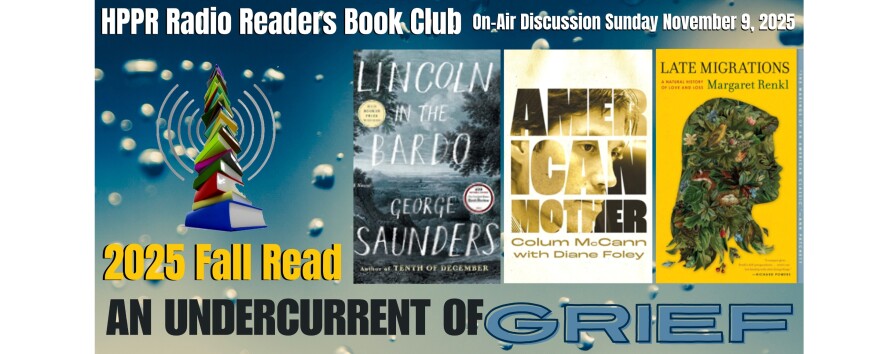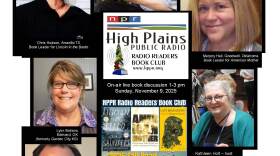This is Mike Strong, in Hays, for HPPR. The book is Winesburg, Ohio by Sherwood Anderson.
One of the chapters in Winesburg, Ohio is titled “Queer.” When Sherwood Anderson wrote Winesburg, Ohio the word “queer” meant “odd.” I know. I grew up with that meaning. My grandmother called a lot of folks queer, meaning odd, folks she didn’t approve of.
I’m not sure when the word flipped into being used only as a scornful designation for homosexual, at least by the 1960’s, though I was not aware enough to get that meaning. In the 1970’s, I was a bartender in a fine-dining restaurant where most of the staff were gay. They invited me along on excursions and I was happy to go along. Naif that I was, the guys introduced me to my label of the day. Straight.
At the time we would sometimes go to “The Rocky Horror Picture Show” as a group in the original Tivoli theater location in Kansas City’s Westport Area. These were midnight showings. If you went as a group, you gave your group a name. The guys got together and decided to call our group, “12 gays and a straight.” I was a straight man, full pun intended.
After one of those midnight showings, a group of women from an escort service handed out their business cards to all the guys in the group -- all the gay guys that is, not me. So, all the gay guys voted to donate their cards to me. We thought that was funny. I should note that the full LGBTQIA letter set was not there yet, just gay and lesbian and bi.
It seems to me this was still a few years before we began commonly seeing “LGB” as the abbreviation, then it grew a letter at a time. And the word “queer?” Back then you might as well have been using “the N word.” Saying “queer” was that hurtful. “Trans” was not common, and I knew an intersex person because I photographed her –notice the “her” because that was how she, as we say now, presented herself and named herself.
While I had stumbled into this group because of where I worked, no one had an “agenda” as such. We just worked together. It was fun. I’m still getting used to using “queer.” It makes me cringe sometimes, especially when I realize the speaker, usually young, says this blithely without any sense of how much verbal injury resulted in the past, usually before they were born. Words are always shifting, seemingly capriciously.
So, back to Winesburg, Ohio. How does Anderson use “queer” in 1919? His character, Elmer Cowley addresses Mook, “With me it’s different. Look how it has always been with me. Father is queer and mother was queer, too. Even the clothes mother used to wear were not like other people’s clothes . . . Why look here, Mook, father doesn’t know that his store there in town is just a queer jumble...”
Language is always changing, both over time and by region. Trying out for a Shakespeare play in 1973, I made sure to read the glossary at the end of the script. Very helpful. So many words I would not have thought to look up in context, had different meanings, often very different meanings, four centuries before. I got the role, but the theater couldn’t produce the hydraulic sets the director wanted, so we put on “Loot,” a bent, dark, satirical farce by Joe Orton, a murdered gay playwright from London. I played a hapless “McLeavy,” the straight man of the play.
This is Mike Strong, in Hays, for HPPR Radio Readers Book Club.









